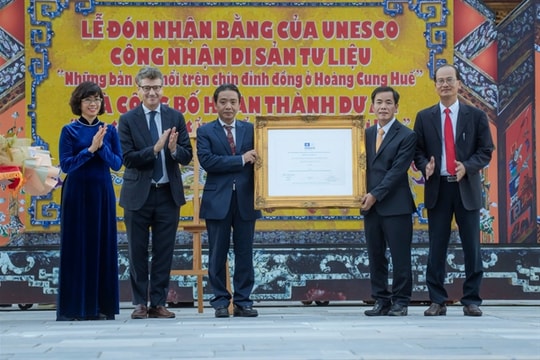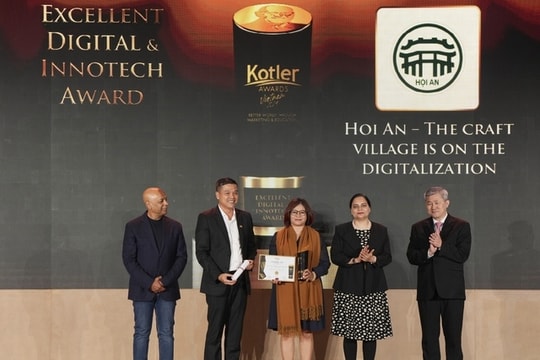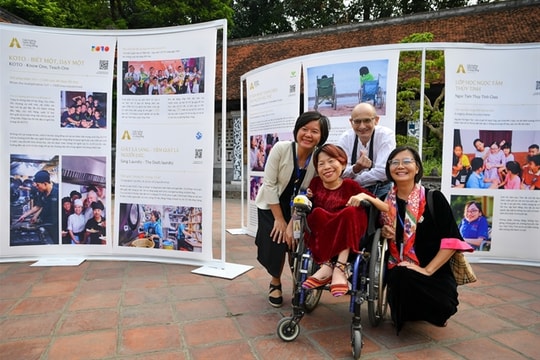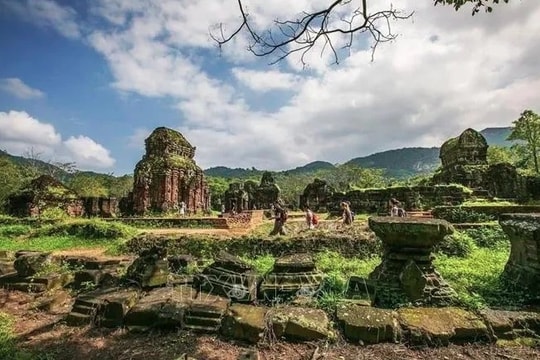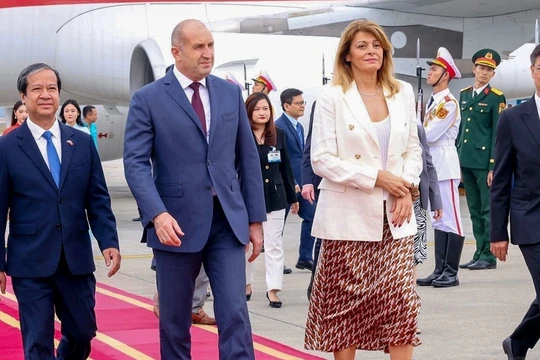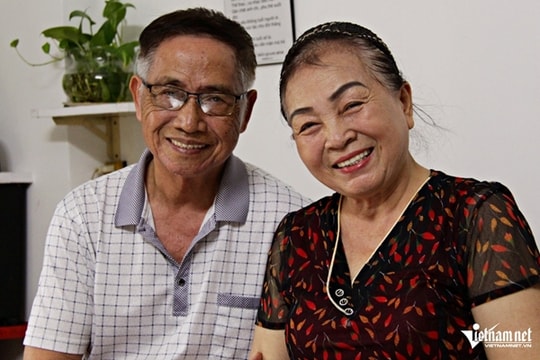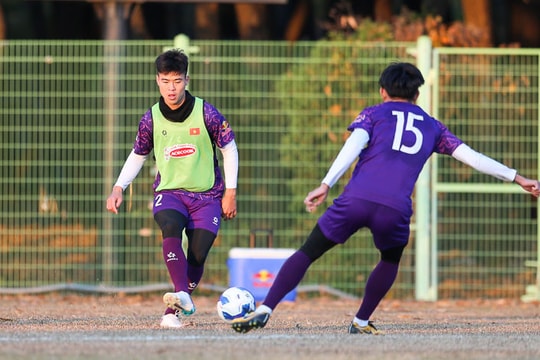Bắc Giang promotes community-based tourism
The northern province of Bắc Giang has many attractions which it can use to develop community-based tourism, according to the provincial Department of Culture, Sports and Tourism.
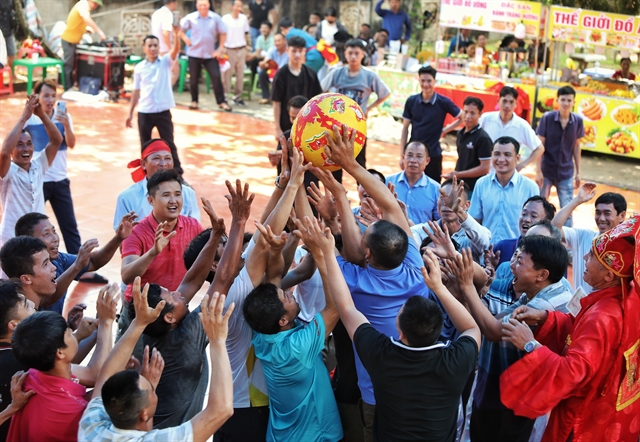 |
| A folk game at the Tiên Lục Festival, Tiên Lục Commune, Lạng Giang District, Bắc Giang Province. Photo courtesy of Department of Culture, Sports and Tourism of Bắc Giang Province |
BẮC GIANG The northern province of Bắc Giang has many favourable natural and cultural attractions which will help it to develop community-based tourism, according to the provincial Department of Culture, Sports and Tourism.
The area is home to attractions like Cấm Sơn Lake, Khuôn Thần Lake, the Bắc Hoa ethnic village, the largest fruit growing area in the northern region - Lục Ngạn District and the Đồng Thông eco-tourism area in Tuấn Mậu Commune, Sơn Động District.
A recent survey has identified 13 potential sites for developing community-based tourism spanning across five districts and towns, including Lục Ngạn, Sơn Động, Lục Nam, Yên Thế and Việt Yên. Another 20 community-based tourism sites are connected to the fruit-growing areas in Lục Ngạn District.
Some community-based tourism sites have already been exploited and yielded positive results including those in Xuân Lương Commune, Yên Thế District and in the communes of Quý Sơn and Kiên Lao in Lục Ngạn District.
To further promote community-based tourism within the province, Bắc Giang will be developing a tourism model associated with local culture, history, agriculture, food, shopping and wellness.
By 2025, the province aims to recognise further tourism sites and destinations with distinctive tourism products, focus on developing two pilot community-based tourism models in Lục Ngạn District and continue supporting the existing tourism sites.
Bắc Giang also plans to expand community-based tourism sites in various districts, with a particular focus on 20 tourism sites in the Lục Ngạn fruit-growing region. By the end of 2030, the province wants to attract at least one million visitors per year, including 10,000 international visitors.
The Provincial People's Committee has approved plans to support infrastructure in seven community-based tourism sites, including with boats, electric vehicles for transporting tourists and accomodation facilities. At the same time, the construction of internal traffic roads within the tourism sites and parking lots in the tourism sites has been implemented.
According to Đỗ Tuấn Khoa, Deputy Director of the Department of Culture, Sports and Tourism of Bắc Giang province, community-based tourism in the province has great potential and has already begun to transform the local community.
However, the community-based tourism activities in the province are currently small-scale and fragmented, lacking dynamism and creativity and do not do enough to exploit the unique cultural identity and landscape of the region.He added that local authorities have not always paid enough attention to planning and incorporating potential tourism sites into the overall planning scheme.
The community-based tourism sites are mainly located in remote areas and are difficult to reach, while the land is mainly forests and agricultural land that has not been converted for other purposes.
To meet the needs of community-based tourism development, the Deputy Director emphasised the need to build infrastructure and facilities like houses, resorts and community houses to avoid spontaneous, unauthorised construction that violates regulations on land use, construction and the environment.
To address the difficulties in the development of community-based tourism, the Provincial Department of Culture, Sports and Tourism continues to raise awareness among all levels, sectors and the community about the significance and role of tourism development.
They also want to see enhanced training to build on the existing skills and knowledge of the tourism management staff and local people engaged in tourism services at tourist sites.
Meanwhile, the department has requested local authorities to develop detailed 1:500 scale master plans for the seven approved community-based tourism sites.
They will continue to review and propose support for other potential community-based tourism sites while intensifying oversight and management of community-based tourism development in order to create a healthy business environment. VNS




